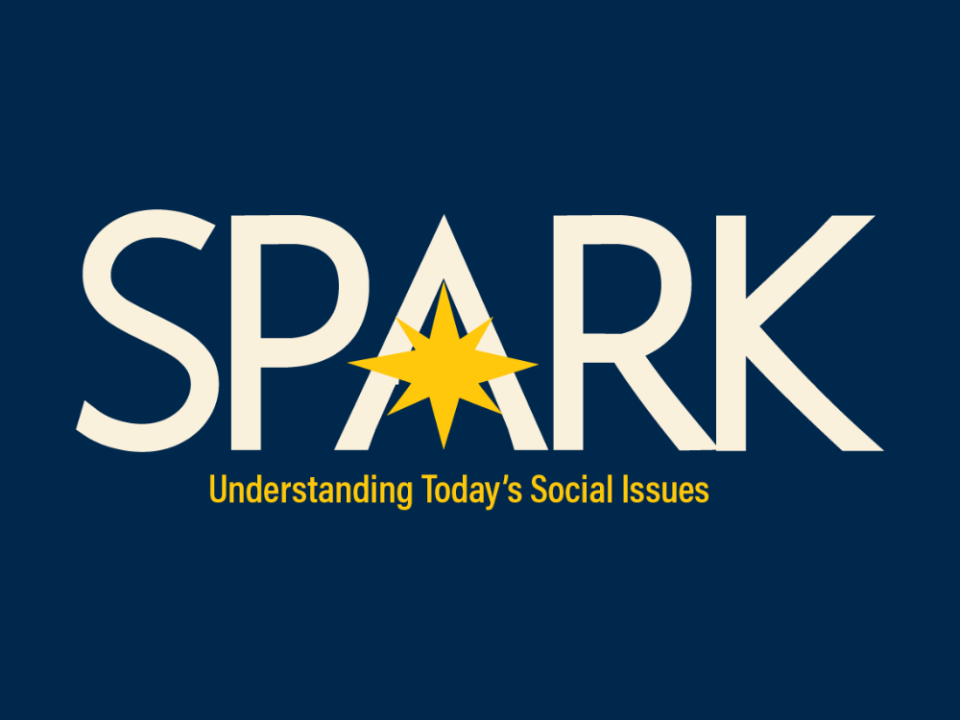- About
- News
- Events
- Initiatives
- Anti-Racism Collaborative
- Change Agents Shaping Campus Diversity and Equity (CASCaDE)
- Diversity Scholars Network
- Inclusive History Project
- James S. Jackson Distinguished Career Award for Diversity Scholarship
- LSA Collegiate Fellowship Program
- University Diversity & Social Transformation Professorship
- Publications & Resources
- About
- News
- Events
- Initiatives
- Anti-Racism Collaborative
- Change Agents Shaping Campus Diversity and Equity (CASCaDE)
- Diversity Scholars Network
- Inclusive History Project
- James S. Jackson Distinguished Career Award for Diversity Scholarship
- LSA Collegiate Fellowship Program
- University Diversity & Social Transformation Professorship
- Publications & Resources
Transforming Understandings of Diversity
September 29, 2016
Scholar Story: Tamara Stevenson
September 29, 2016National Center for Institutional Diversity to be housed at LSA
This new partnership with LSA will provide NCID with a permanent academic home from which it will continue to offer interdisciplinary and collaborative work to promote diversity on and off campus.
"We're excited to integrate NCID into LSA, fostering richer collaborative relationships between the center's important work and the scholarship already happening across campus," says LSA Dean Andrew D. Martin.
Created in 2005, NCID aims to bring together and equip leaders from a variety of social networks to engage deeply with the challenges and opportunities of diversity. Previously housed in the Office of the Provost, NCID works to promote cross-disciplinary research, has created a network of more than 400 scholars across the nation, and holds national meetings to promote scholarship-to-practice discussions.
"NCID has been a key national voice in promoting a forum for discussing and finding solutions to many of the most difficult challenges related to diversity, equity and inclusion facing our society," says Chavous. "I am excited as we begin the next chapter of NCID in its development and growth as the nexus for innovative, multidisciplinary scholarship on diversity, equity and access by U-M faculty and students."The move will allow LSA to promote cross-disciplinary research and scholarship development by engaging in its direct production, supporting the work of others, and disseminating promising, evidence-based findings from affiliated scholars, faculty and graduate students."
Although the new administrative location within LSA provides myriad opportunities to directly serve more students and faculty, the center will continue to engage faculty and students from all U-M schools and colleges, and further advance its role as a national presence and leader around diversity in scholarship, policy and engagement," says Chavous.
Chavous also is the associate dean for academic programs and initiatives at Rackham Graduate School and a professor of education and psychology. Her research has included race, gender and academic identity development processes among adolescents and college students, supporting positive transitions to secondary schooling and higher education among ethnic minority students, and diversity and multicultural organizational climates within secondary and higher education settings.




